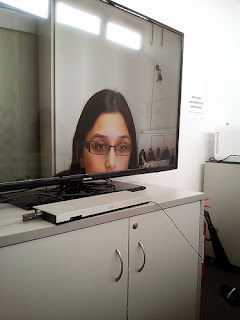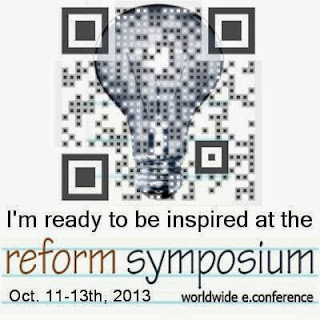What's wrong with giving Josh +1 for teamwork?

Next Thursday, Paul Driver is taking part in an online discussion at #AusELT chat about gamification that promises to be very interesting. In preparation for this, Paul has written an article, Well done Josh +1 for teamwork: Gamification and Crabs which outlines his stance on this new(-ish) trend that has started to enter the ELT classroom . Paul makes some very valid points about gamification, which is often defined as the application of typical elements of game playing (e.g. point scoring, competition with others, rules of play) to other areas of activity . He doesn't sit on the fence when it comes to saying what he thinks of it, implying that gamification is " at best, an over-hyped and misguided fad, and, at worst, an evil and manipulative strategy for getting people to do things they normally wouldn’t want to. " It's not the first time that Paul has spoken against the trend. In 2012, he wrote on his blog, Digital Debris that " in the maj



